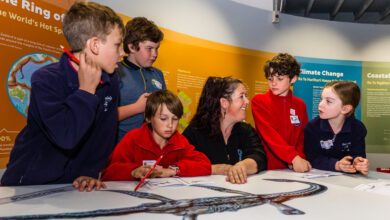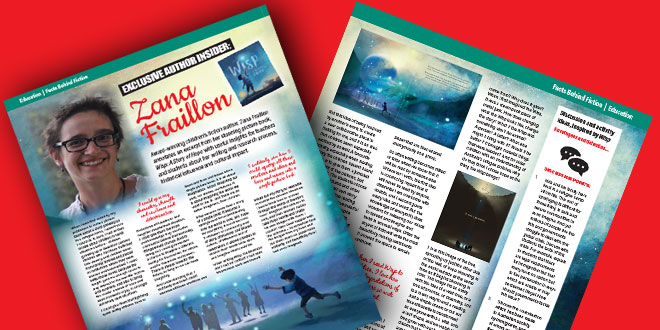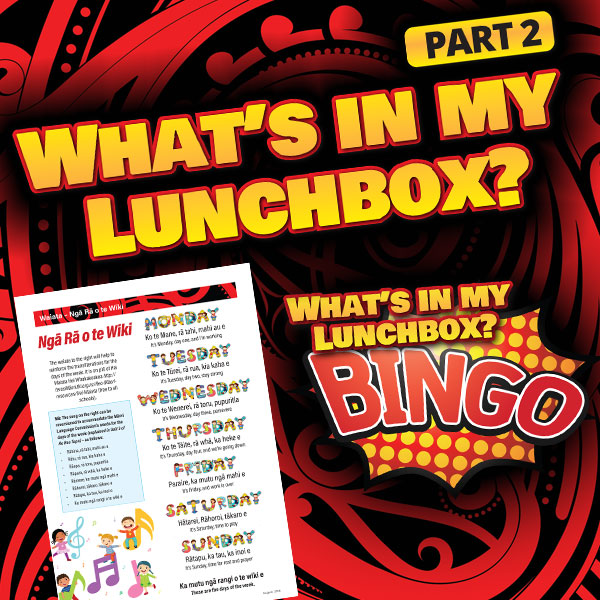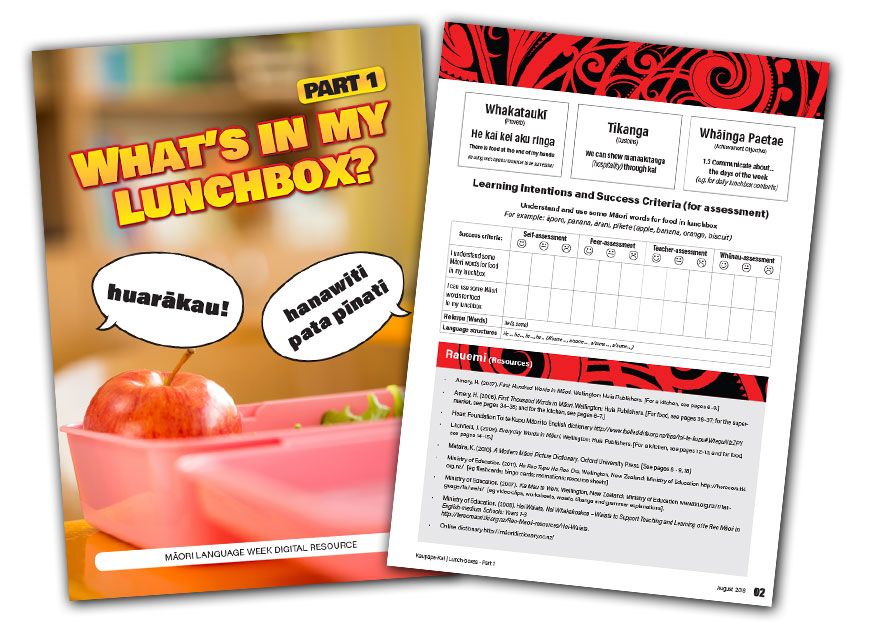Exclusive Author Insider: Eileen Merriman

Facts behind the fiction series |
I have a love-hate relationship with school. Physics, chemistry, biology and maths are all good, most of the time. If only English didn’t exist. Why do I have to learn English? I know how to read. I know how to spell, most of the time. But ask me to read a boring-as-hell book and write an essay about it, are you kidding? How’s that going to help the rest of the world?
Our English teacher is Ms Ralph. She’s bendy-skinny like a pipe cleaner, with curly brown hair. The book she’s given us to read is called The Road. It’s about a boy and his father journeying through a wasteland. Every time I try to read it, the inside of my head turns black.
So I stopped reading it, and now I’m way behind.
Bailey’s in my English class too. English four times a week and physics four times a week. That’s 50 x 8 = 400 minutes we’re in the same room. But we haven’t said a word to each other since judo yesterday, twenty-two hours and five minutes ago.
I’m sitting next to Molly Riordan at the front of the room. Bailey is sitting at the back of the room, next to Wiremu Wright. Molly wouldn’t have chosen to sit next to me naturally, but she was moved last week because she and her friend Ella were talking too much.
‘I want you all to think about the setting as you move through this novel, and how McCarthy uses it to effect,’
Ms Ralph says. ‘Molly, how do you think a writer can use setting to influence the mood in a story?’
Molly fiddles with the chain around her neck, and wrinkles her nose. She looks like the dolls my grandma collects, with her creamy, unblemished skin and perfectly straight blonde hair.
‘Sometimes you can use the weather,’ she says. ‘Like having thunderstorms when the characters are feeling angry, or black clouds when something scary is about to happen.’
Ms Ralph smiles. ‘That’s right. Can you give me an example of a book you’ve read like that? Felix?’
My heart is a trapped mouse skittering around my chest. Thunderstorms? There were no storms in my book about Turing. I try to cast my mind back to other books I’ve read, but all that comes to mind is a picture book Mum used to read me when I was little.
‘Um, Where the Wild Things Are?’ I blurt. Molly smirks and rolls her eyes past me to where Ella is sitting, by the window. Ella smirks back.
‘That’s a great book,’ Ms Ralph says. I can’t tell if she’s mocking me or if she really means it. ‘Tell us how the setting influences the mood in that book, Felix.’
Behind me, someone mutters, ‘Ooh, wild thing.’
Meaningful looks ping between Molly and Ella, grazing across my chest like poison arrows. All I can remember is how the boy and the wild things howled at the moon together. Hell, I can’t even remember the boy’s name.
‘The moon,’ I mumble. Ella laughs out loud.
Ms Ralph frowns at her, and turns back to me.
‘Yes,’ she says. ‘The moon shining into the room at the start of the book creates a lonely feeling, that’s good.’ I can tell she’s just trying to rescue me, because how did she get that out of moon? ‘That book is about the power of imagination, about how a boy creates an alternative world in which he can control his own destiny.’ She gives me a thoughtful stare, as if she can see straight into the centre of me.
I wish I had an alternative world to escape to right now, preferably one containing Batman and a Tumbler. But all I have is the inside of my head. As soon as Ms Ralph’s eyes move away, I start thinking about numbers, sequences rolling behind my eyes like the credits on a movie.

Eileen Merriman
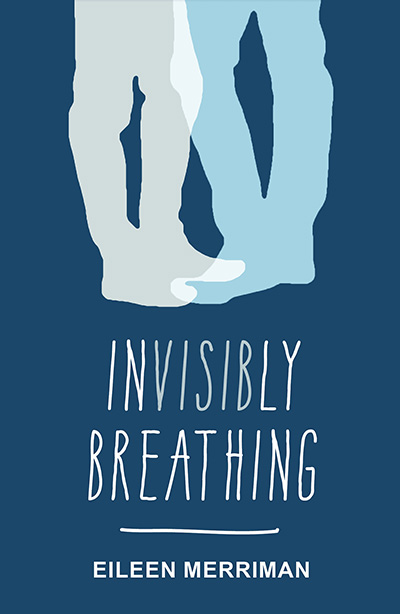
Until I hear another snigger beside me.
‘Shut up,’ I growl at Molly. Her eyebrows shoot upward, surprise flitting across her china-doll face. That’s when I realise she’s not laughing at me, for once. Behind me, I hear Bailey’s tongue sliding around a syllable he can’t spit out.
‘B-b-b—’
Molly’s lip curls upward. ‘Don’t freak out on me, will you, Felix?’ she murmurs. I clench my fists on top of my thighs, my stomach acid simmering.
Don’t lose it, don’t lose it.
Bailey, flailing around like a fish on a hook, stops trying to say the word starting with ‘b’ and spits out ‘courageous’. I’m trying to figure out why he has so much trouble with some words and not others. Sometimes he’ll say a whole sentence without stuttering at all.
B-brave. At least, I think brave is the word Bailey was trying to say, instead of courageous.
‘Yes.’ Ms Ralph looks relieved. ‘Yes, that’s right.’ I’m not sure if she was asking Bailey to read aloud, or if she asked him a question, but I figure he’ll give up now, while the going’s good.
But to my surprise, he says, ‘They have no names. The man and the b—’ He barely hesitates before substituting ‘his son’ for ‘boy’. I turn slightly, watching the flare in Bailey’s cheeks as he carries on. ‘It’s like they don’t trust anyone enough to tell them their names.’
B-brave. B-boy.
‘Yeah,’ Wiremu Wright says. ‘Because they’re living in a world where they can’t trust anyone.’
Bailey nods, his eyes straying briefly to mine, then away.
‘That’s one of the important themes of the book, isn’t it?’ Ms Ralph says. ‘Naming and memory.’ What she says after that starts to sound pretty interesting, but my brain is wandering again, trying to put together the pieces of the Bailey puzzle.
B-brave. B-boy. I wonder how many other words he can’t say. He must have a whole thesaurus of substitute words in his brain. Except for his own name, Bailey, how does he get around that?
That’s when I realise I’ve never heard him use his own name, not once.
This term, the magnificent Eileen Merriman takes us through her research and thought process, as she delves into her YA novel, Invisibly Breathing. Merriman’s latest work tackles bullying, sexuality and ‘being different’ in a school context. Her research insights, selected excerpt and self-reflective summary of the novel are designed to aid teachers and students in the classroom.
Bullying is quite a large theme in Invisibly Breathing. I was fortunate not to be bullied at school, although I certainly took steps to avoid it, e.g. not wearing my glasses in third and fourth form (despite not being able to see the blackboard), and trying not to answer too many questions in class for fear of being labelled a ‘nerd’ or a ‘know-it-all’.
It is easier to bully or be bullied than ever before. This is because bullying can now take place electronically, through text/SMS messages, social media, chat rooms and instant messaging, termed cyber-bullying. It is possible to be bullied without leaving the privacy of one’s bedroom. That makes it even worse, because one can’t get away from it. People will often post comments on line that they don’t dare tell others to their face. In my second year of intermediate, a friend said, ‘You think you’re better than us because you’re good at reading.’
It is easier to bully or be bullied than ever before. This is because bullying can now take place electronically, through text/SMS messages, social media, chat rooms and instant messaging, termed cyber-bullying. It is possible to be bullied without leaving the privacy of one’s bedroom. That makes it even worse, because one can’t get away from it. People will often post comments on line that they don’t dare tell others to their face.
No youth is exempt from bullying, but some are more likely to be bullied than others. As Felix in Invisibly Breathing notes, ‘being different can be dangerous.’ Because Felix is different. He enjoys mathematics and physics, but has trouble interacting with people. He counts to calm himself down. And, much as he’d hate to admit it, sometimes Felix fantasises about guys like Christian Bale, the actor who plays Batman: ‘… I’d die of embarrassment if anyone knew that. Then he meets the new kid at school, Bailey Hunter. Bailey has a stutter, but he’s good at judo and at making friends.
And Bailey seems to have noticed Felix too: Felix keeps to himself mostly, but there’s something about him that keeps drawing me in.
When I first started writing Invisibly Breathing, I didn’t set out to write a book where bullying featured so strongly. I thought that surely everyone was far more accepting of LGBTI youth in this day and age. I researched the subject by talking to teenagers and staff at the Auckland Sexual Health Service.
To my surprise, I found that although the culture in some schools was quite accepting, in others it was far from it. A team worker from the Auckland Sexual Health Service told me stories of teenagers who had left school early because of bullying over their sexual orientation, and of a teenager who came out as gay on Facebook and then had to close his account down because of all the hurtful comments.
Bullying relies on a power imbalance between the bully and the victim. In the very first chapter of Invisibly Breathing, Felix is bullied (verbally) by some of the boys at school. Later, Felix is bullied via Facebook, and Bailey helps Felix delete his account so he doesn’t have to see the hurtful comments any more.
Unfortunately for Bailey, although he is not subject to bullying at school, he suffers far worse at the hands of his alcoholic father at home. Felix’s home, for Bailey, is a safe haven. Their challenge is to tell the world the truth –– about their relationship, and about the physical abuse Bailey is suffering at home.
These may be huge topics to tackle in a YA book but, sadly, are by no means unusual. LGBTI youth are more likely to suffer from depression, anxiety, and are more likely to attempt suicide than non-LGBTI youth. With regards to family violence, 2015 figures show that a child is admitted to a New Zealand hospital every second day with injuries as a result of assault, neglect or maltreatment. Every year, an average of 10 to 14 children are victims of homicide.
Reading promotes empathy, and a greater understanding of the world around us. It wasn’t my intention to preach or convey a message when I wrote this book. However, on reflection, I do hope that Invisibly Breathing can achieve these things: firstly, to show that love is universal and it doesn’t matter if it is love between a male and a female, between two males, or between two females. Secondly, to show youth that they are not alone; to be able to read this book and say, hey, I can recognise myself in there. My parents have split up. My father or mother drinks too much. I’m not sure about my sexuality either. Thirdly, to show everyone that being different is OK. And maybe, just maybe, someone might read this book and change their behaviour as a result.
Help Lines:







